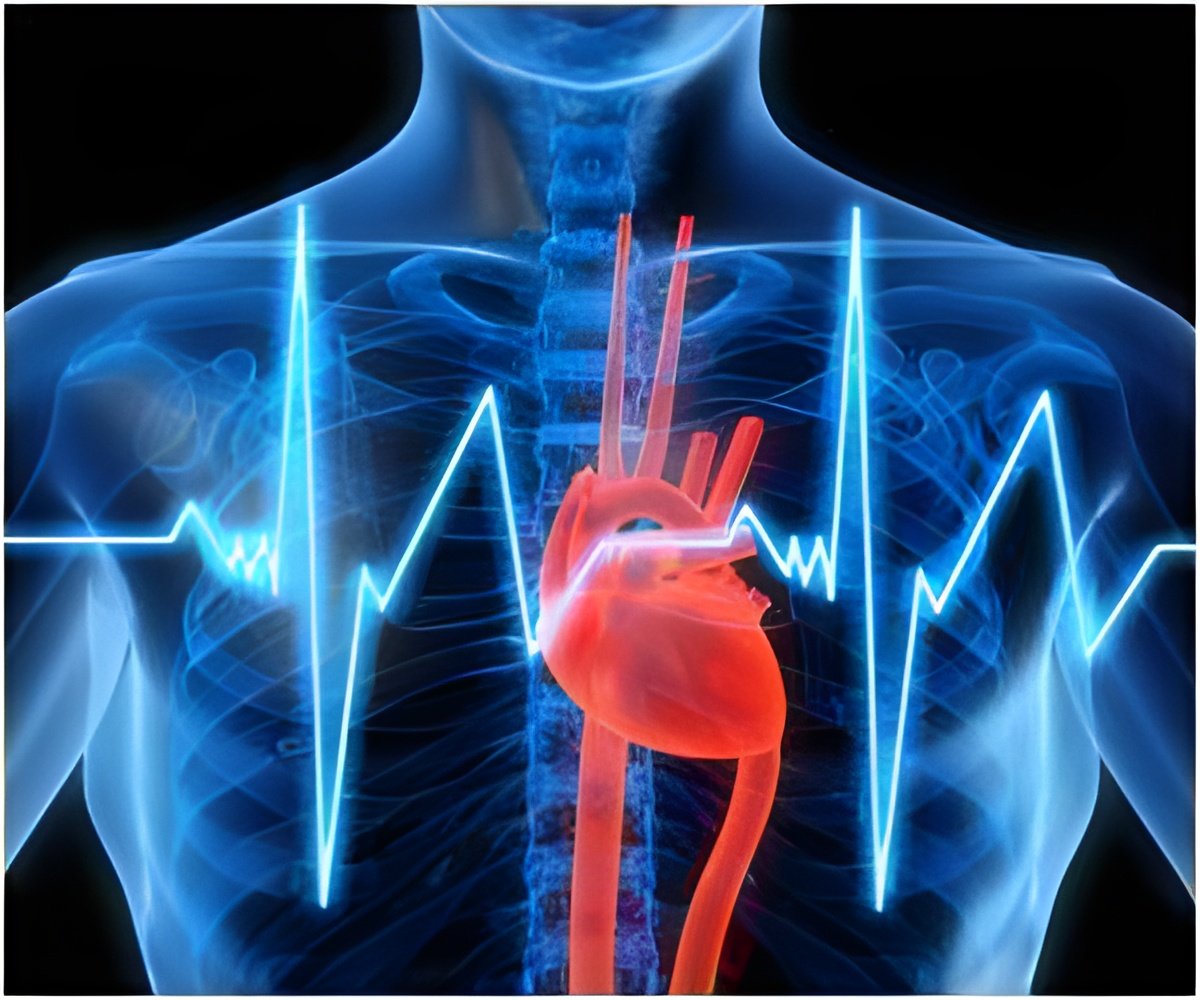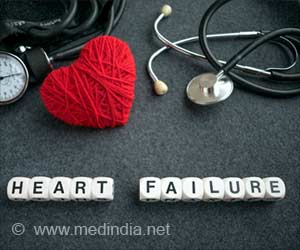New research indicates that some patients who suffer from neurally mediated synope (NMS) may be good candidates to receive a dual-chamber pacemaker to prevent common fainting spells.

NMS is often benign; however, some patients have few, if any, warning signs or symptoms before an impending attack, which can result in repeated falls and make tasks like driving or operating machinery dangerous.
The use of cardiac pacing to prevent fainting has been controversial: two earlier studies have shown that pacemakers do not benefit patients who suffer from NMS because of severe hypotensive reflex, or a dramatic drop in blood pressure upon standing or tilting. Unlike these, the present Third International Study on Syncope of Uncertain Etiology (ISSUE-3) trial looked at the use of pacemakers among older patients who had severe asystolic NMS, which is not affected by fluctuations in blood pressure. Among these patients, a pacemaker reduced the relative risk of suffering another fainting episode by 57 percent.
"We found that approximately one out of three pacemaker patients will benefit from pacing therapy within the subsequent two years," said Michele Brignole, MD, head of cardiology at the Arrhythmologic Centre, Ospedali Tigullio in Lavagna, Genoa and the study's lead investigator. "Cardiac pacing therapy is effective in reducing syncopal recurrences in this highly selected population."
The study took place in 51 centers, and involved 511 patients over age 40 who had suffered more than three NMS episodes in the previous two years. Doctors used an implantable loop recorder (ILR), a device that acts like a mini-EKG, to record and determine the cause of fainting. Of the 511 patients, 77 of them had a spontaneous asystolic syncope and were implanted with a pacemaker that was randomly selected to the "on" or "off" position. The study's endpoint was fainting reoccurrence.
Fifty-seven percent of the patients who had pacemakers set to the "off" position had a fainting reoccurrence within two years, but only 25 percent of patients with an activated pacemaker suffered a syncope.
Advertisement
"We estimate that approximately 40 percent of ISSUE-3-like patients receiving an ILR will eventually be candidates for pacemaker therapy within four years," Dr. Brignole said. Dr. Brignole said that younger patients with NMS often suffer a more benign form of the disorder and respond to less drastic treatments, like physical counter-pressure maneuvers.
Advertisement
"Cardiac pacing should be a last choice in highly selected patients affected by severe NMS."
Dr. Brignole said a better measurement of a pacemaker's effectiveness would be a study that uses the long-term syncope burden, not the first syncope occurrence, as a study endpoint.
Source-Eurekalert













